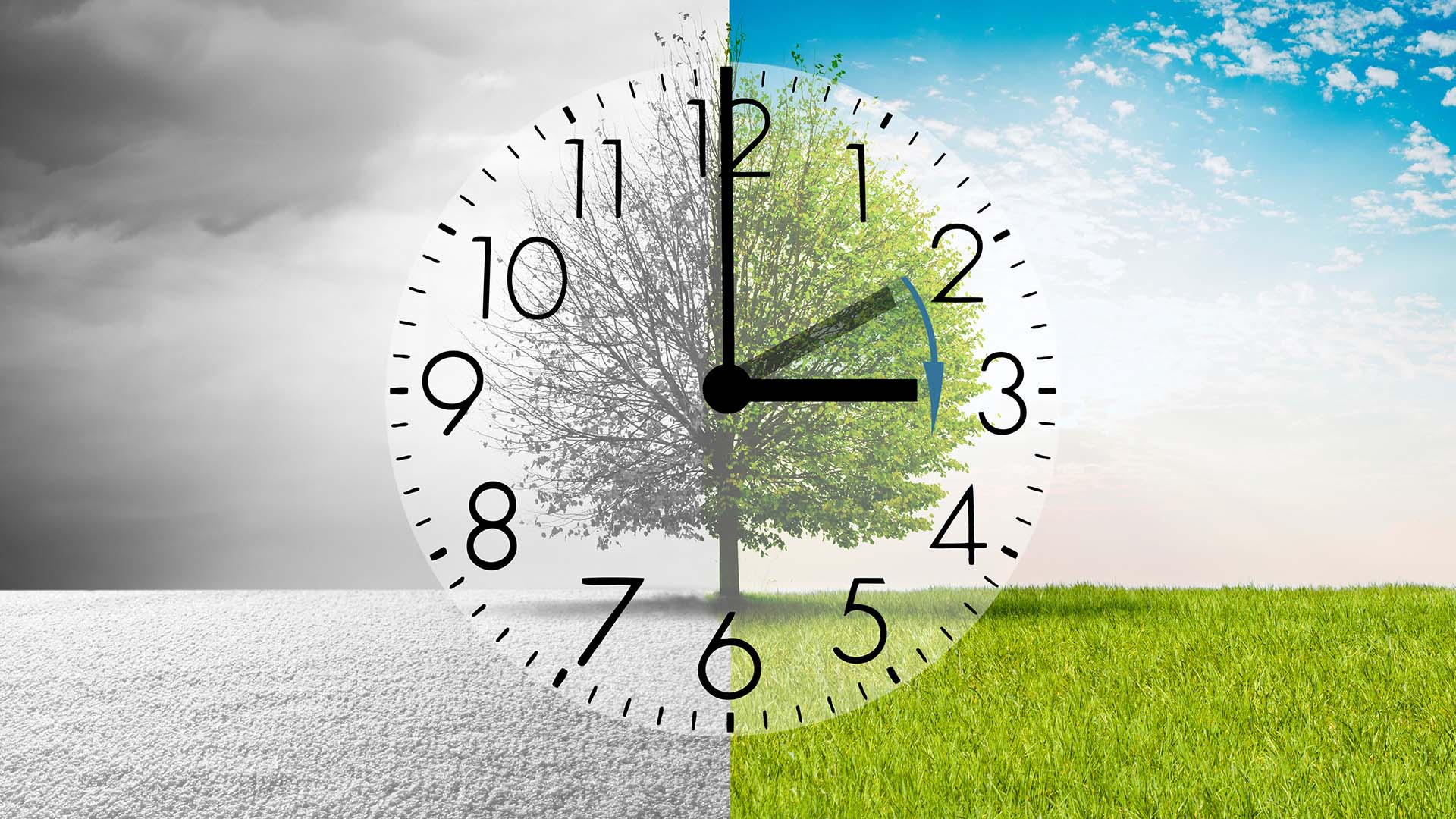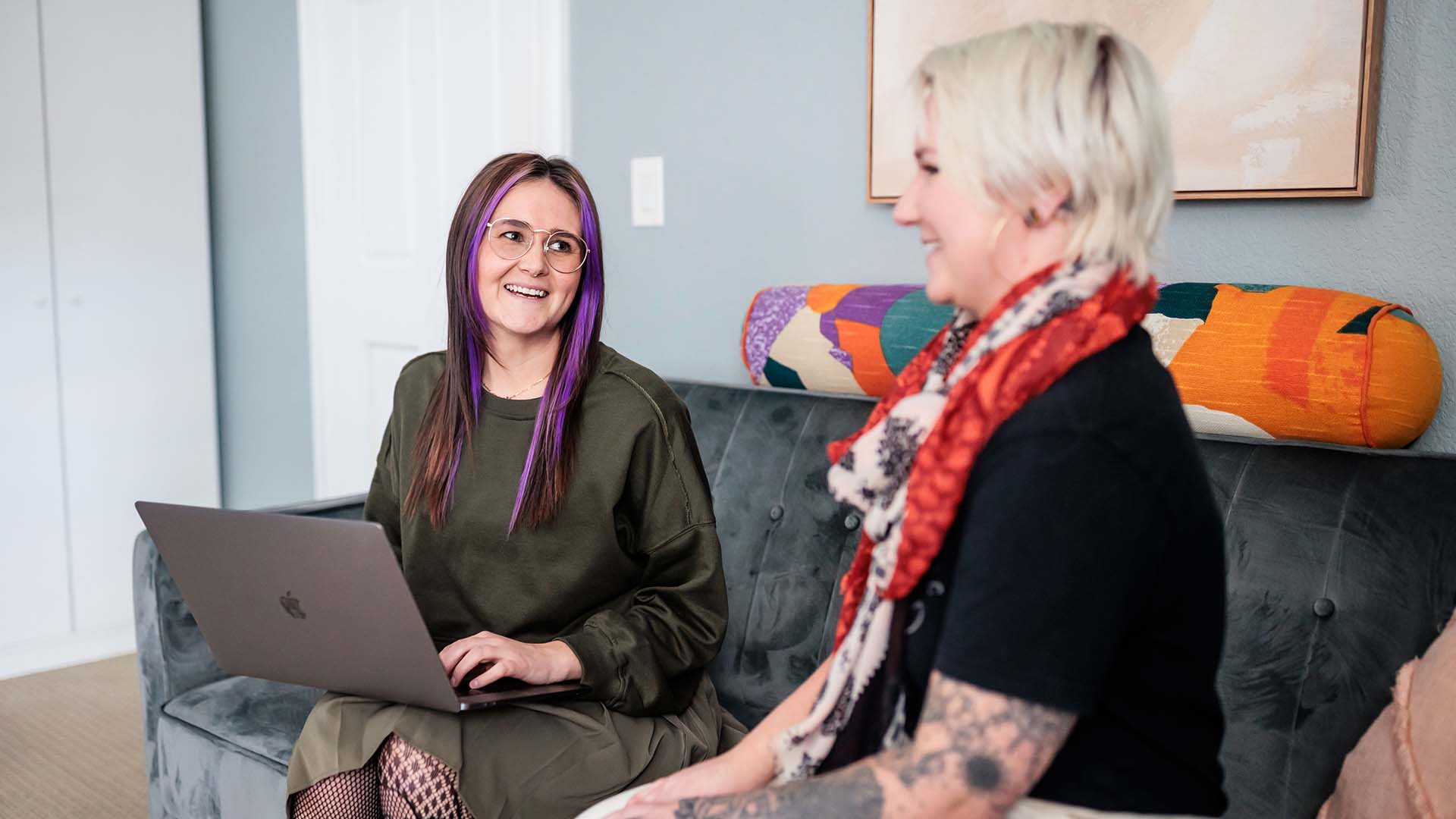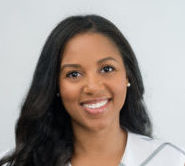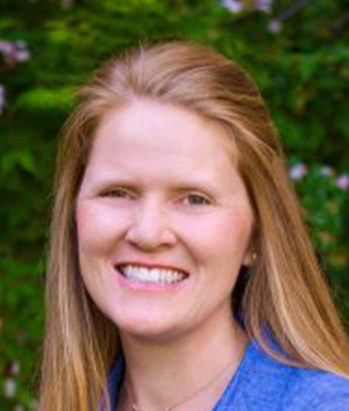Healing in two worlds
Nancy Rae Kochis-Clark applies traditional Native American practice through the language of lifestyle medicine. Here’s what that work means for the future of health care.
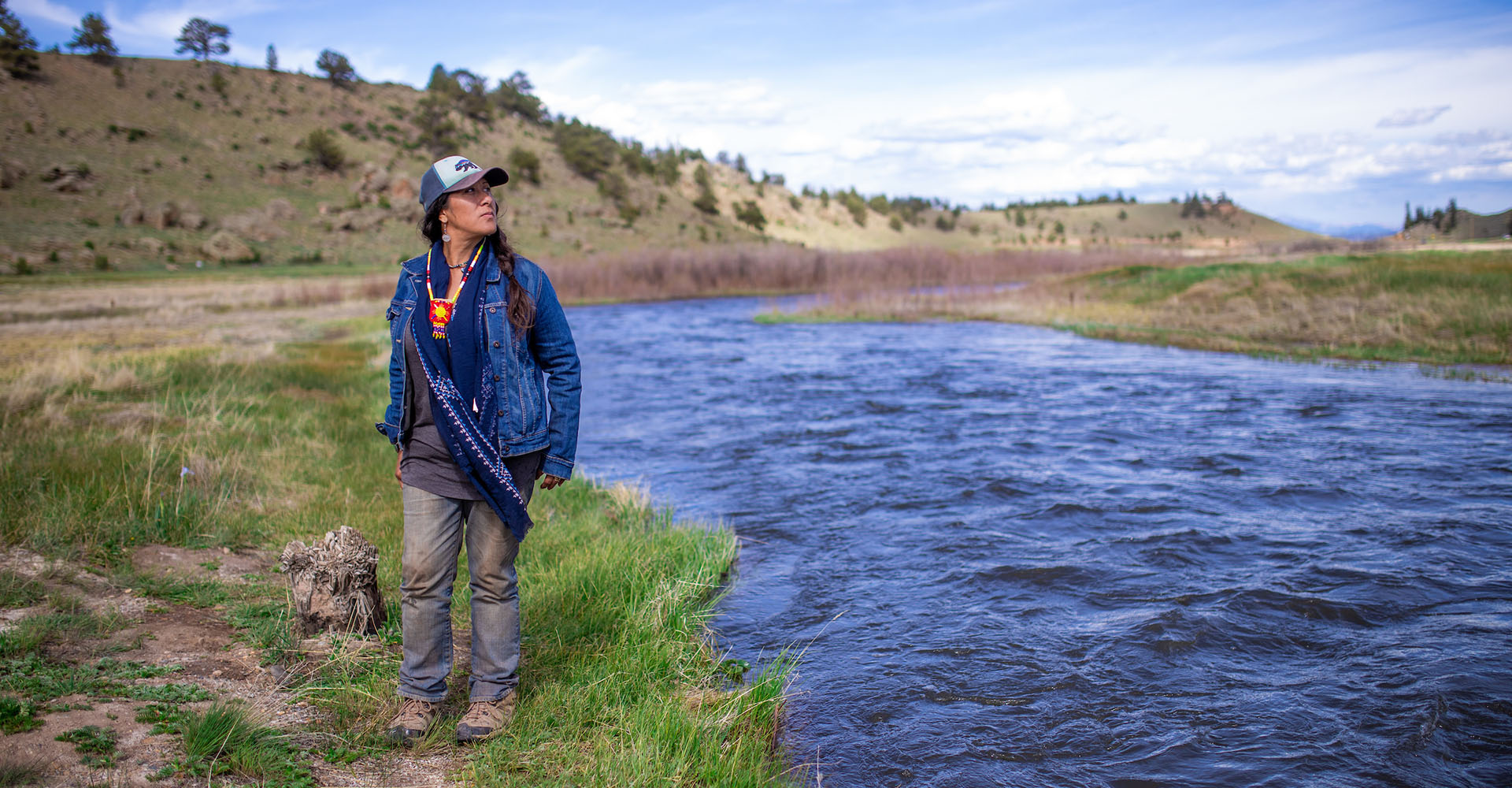
In the Apache language, “shi’gaa” translates to “a place to return.”
It’s a concept that holds special meaning for Nancy Rae Kochis-Clark, whose life has been closely connected to medicine, a living legacy traced back through Kochis-Clark’s Navajo and Apache lineage as a member of the White Buffalo clan and a direct descendent of Mangas Coloradas.
It’s also now a part of Kochis-Clark’s career as the first graduate of Metropolitan State University of Denver’s Lifestyle Medicine extended major and founder of Herbal Gardens Wellness. The nonprofit organization offers allied health services in seven states and Canada that combine evidence-based Western medicine with traditional Native American practice.
The result is a path back to Kochis-Clark’s people that empowers individuals today in their own wellness journeys — and starts to change the thinking about modern health care.
“Whether urban or rural environments, Native American or nonnative populations, there are so many people in different stages of need,” Kochis-Clark said. “They’re without access to a doctor, steeped in addictions and experiencing food disparity. By providing lifestyle-medicine studies, you’re giving those individuals a pathway for resiliency – physically, emotionally and spiritually.”

A dynamic picture of health
Big challenges require new ways of looking at things – and few problems in this country loom as large as health care.
“We’ve got a broken system here in the U.S.,” said Michelle Tollefson, M.D., associate professor in MSU Denver’s Department of Health Professions and guest faculty for the Harvard Institute of Lifestyle Medicine. “We’re spending almost 18% of our GDP on health care; that’s just not sustainable. Something has to change.”
That change is in motion in the emerging field of lifestyle medicine, the evidence-based use of healthy lifestyle factors such as nutritious eating, regular physical activity, adequate sleep, stress management and avoiding use of risky substances, to prevent, treat and sometimes reverse chronic disease.
Though not new, the field is undergoing a renaissance, noted Tollefson, who also holds a leadership role with the American College of Lifestyle Medicine. That group says it has grown by 500% over the past five years.
“There’s an explosion in nutrition and epigenetic research indicating our genes aren’t necessarily our fate, that many have the ability to be expressed or turned on and off by choices we make,” she said.
In fact, the World Health Organization reports that up to 80% of cardiovascular disease, stroke and Type 2 diabetes and 40% of cancers could be prevented by healthier lifestyle choices such as a predominantly plant-based diet, practicing stress reduction and healthy social connections.
Lifestyle medicine represents a notable shift away from modern medical training, which focuses primarily on risk and treatment of infection and disease after the fact, Tollefson said. It’s an important element but just part of a more comprehensive, dynamic picture of health.
“Doctors get about 19 hours of nutrition training in their entire medical-school education,” she said. “We’re starting to change that, but there’s not exactly a broccoli board out there advertising about the powerful health benefit of switching to a plant-based diet.”

Making health personal
As the field of lifestyle medicine advances, so does the empirical vocabulary to make the case for other elements of whole-person wellness.
“We’re seeing a lot of hard scientific evidence behind the benefits of yoga, meditation and sleep,” Tollefson said. “There’s an explosion of data right now – it’s both exciting and overwhelming to be in this space.”
With this emerging medical expansion poised to better address the cause of conditions such as cardiovascular disease, Type 2 diabetes and other afflictions, Kochis-Clark’s alignment of Native American healing and lifestyle medicine at Herbal Gardens Wellness feels, well, natural.
“As Dr. Tollefson teaches, we all need to confront the health disparity within our communities,” Kochis-Clark said. “You get the healing when you’re confronted with the problem; that opens up the pathway for success.”
The growth of lifestyle medicine has also raised the profile of wellness coaching, which is best thought of as the “how” to lifestyle medicine’s “what.”
MSU Denver has one of the first permanently approved pathways for the National Board for Health and Wellness Coaching certifying exam. Any student who takes the University’s two wellness-coaching courses, along with lifestyle medicine and a completed coaching log, can sit to qualify.
“Behavior change is hard, and coaches underscore the disparity-focused importance of enabling that,” Tollefson said. “It’s about connecting with people and helping them walk that walk.”
It’s a natural fit for MSU Denver’s recently established Health Institute – and one of the reasons Tollefson sees the school as a vanguard in this rapidly expanding field.
“Our students have pushed us further and faster to offer bachelor’s-level lifestyle-medicine curriculum,” she said. “We hear them say, ‘This is what my grandma taught me. This is what we’ve always thought was healthy, and now we have the science to back it up.’ They are passionate about taking this knowledge to their family, communities and the world. For them, it’s personal.”
It certainly is personal for Kochis-Clark, who lost several family members to cancer and is building a new wellness-coaching practice outside the tiny town of Hartsel in Park County, Colorado. The planned structure will serve as a retreat, incorporating traditional Apache practices and medicine with martial-path training for a true community-based approach to healing.
Kochis-Clark’s road ahead also looks backward, blessing future generations with the wisdom of past elders through the empowering science of lifestyle medicine.
“These are my holy lands. I return here to the land as a medicine person who’s qualified to heal in two different worlds,” Kochis-Clark said. “So how will others know what they can possibly have unless someone takes the time to mentor and teach? Shouldn’t there be a shi’gaa to return to? That’s my responsibility as an ambassador.”



